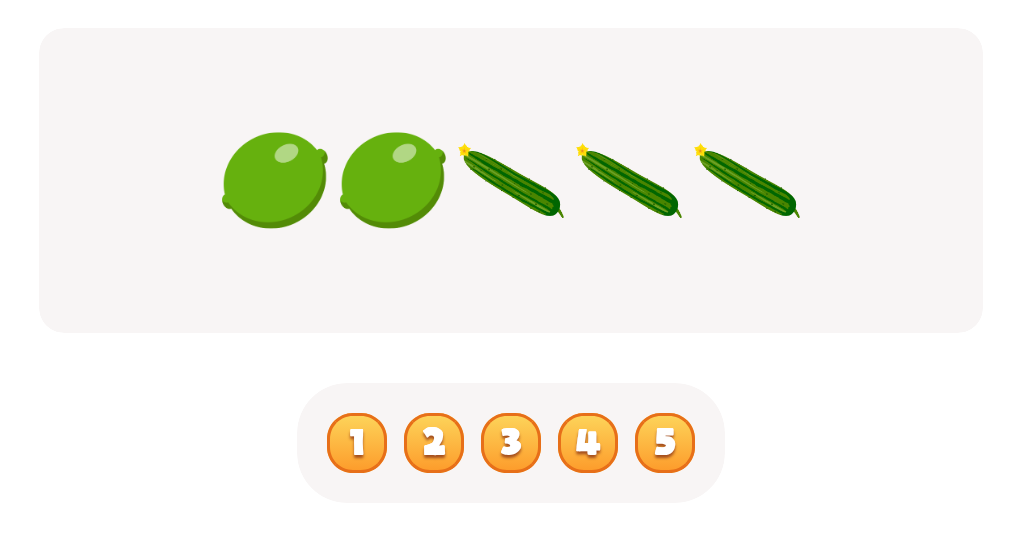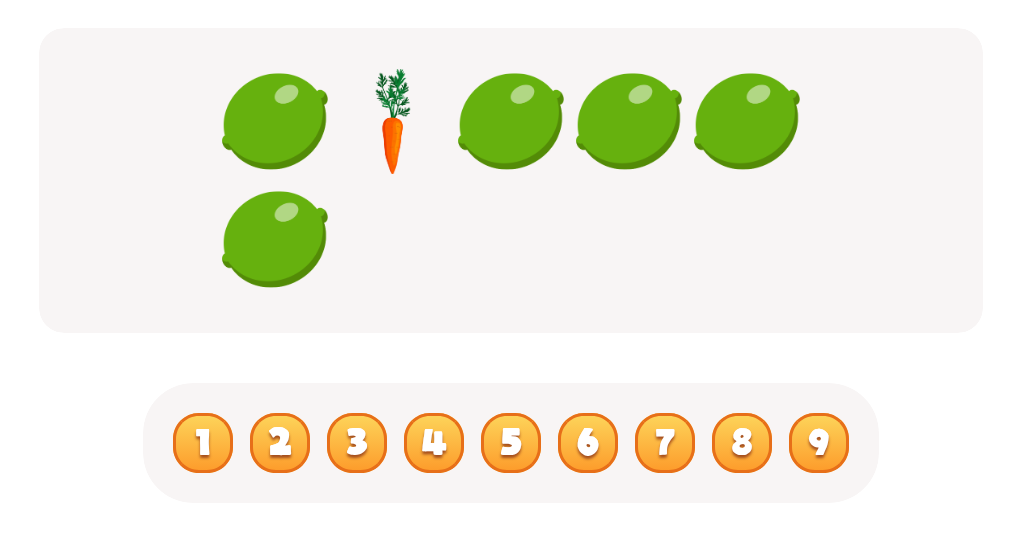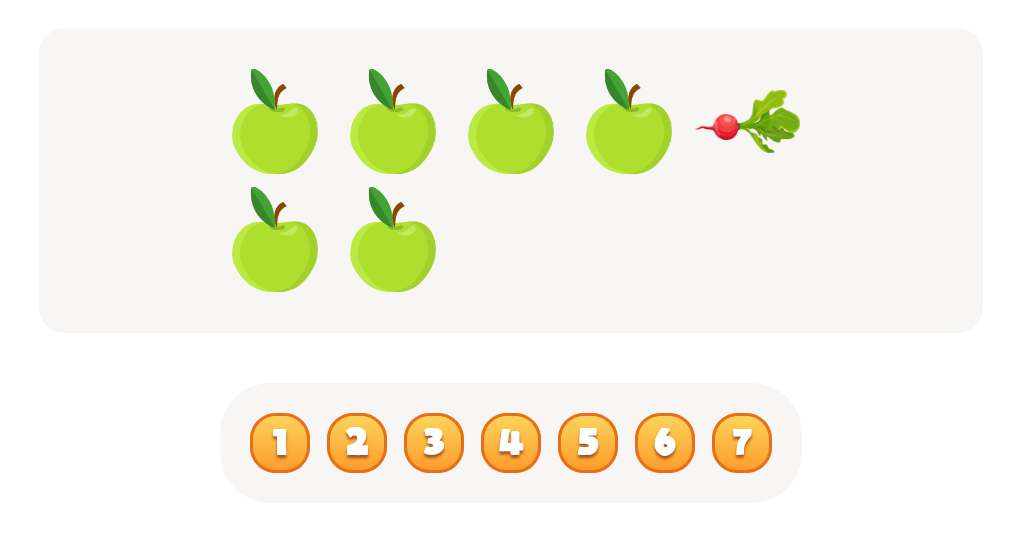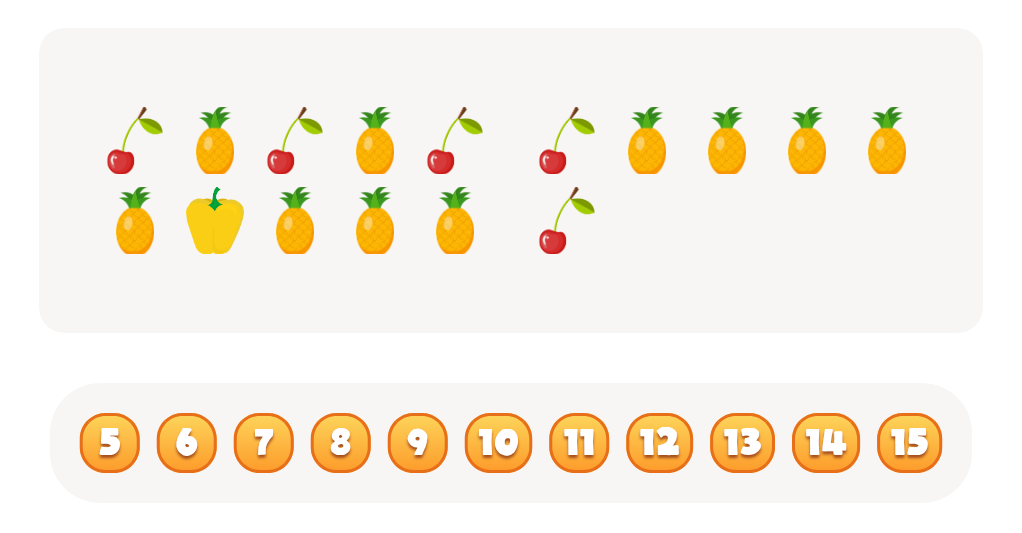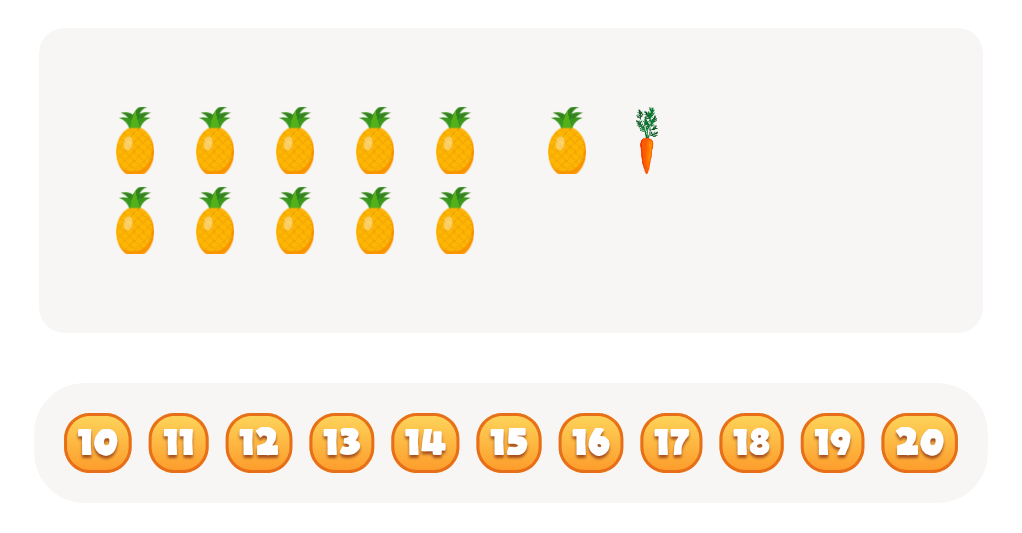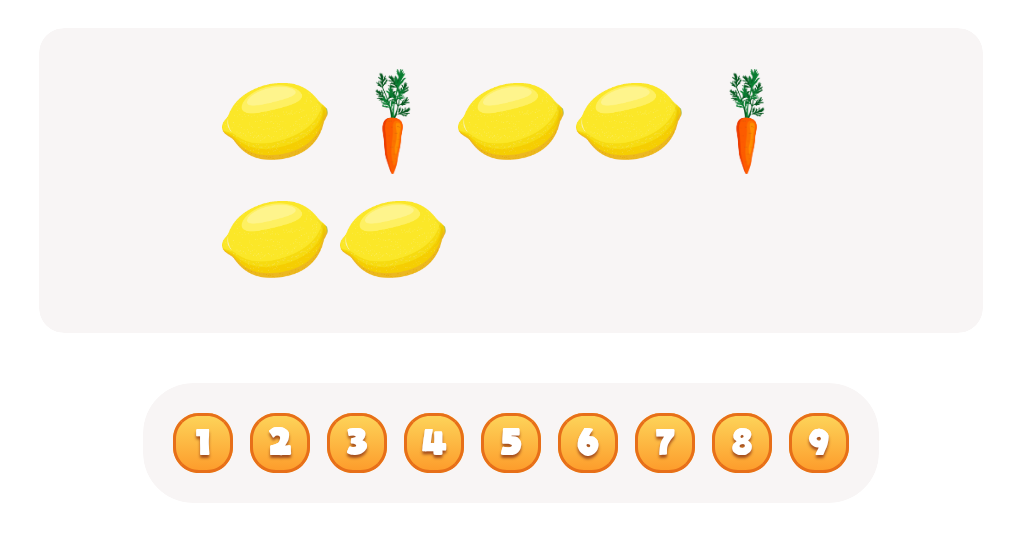Understanding ecosystems Normal Plants and Animals Worksheets for Ages 3-7
4 filtered results
-
From - To
Introducing our "Understanding Ecosystems: Normal Plants and Animals Worksheets" designed for ages 3-7. These engaging and educational worksheets help young learners explore the wonders of plants and animals within their ecosystems. Through fun and interactive activities, children develop essential science skills including recognizing various species, understanding habitats, and the relationships between living things. Perfect for early learners, these printable resources foster curiosity and a love for nature. Start your child’s journey into the magical world of ecosystems with Kids Academy by downloading these educational worksheets today!


Ecosystems: Assessment 1 Worksheet
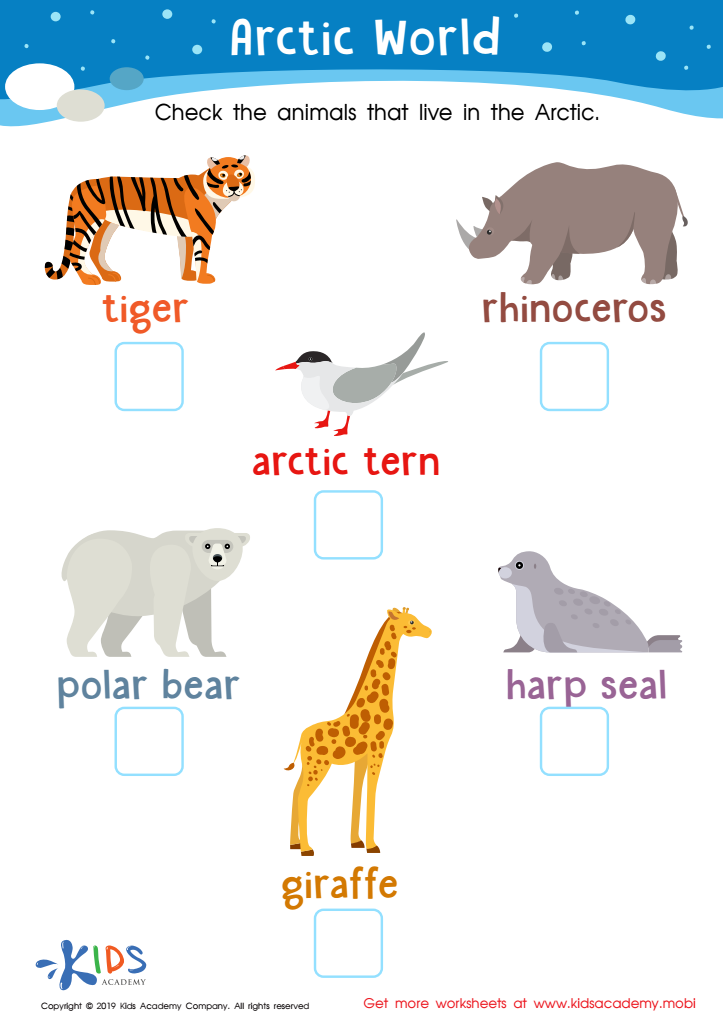

Arctic World Worksheet


Ecosystems: Assessment 2 Worksheet
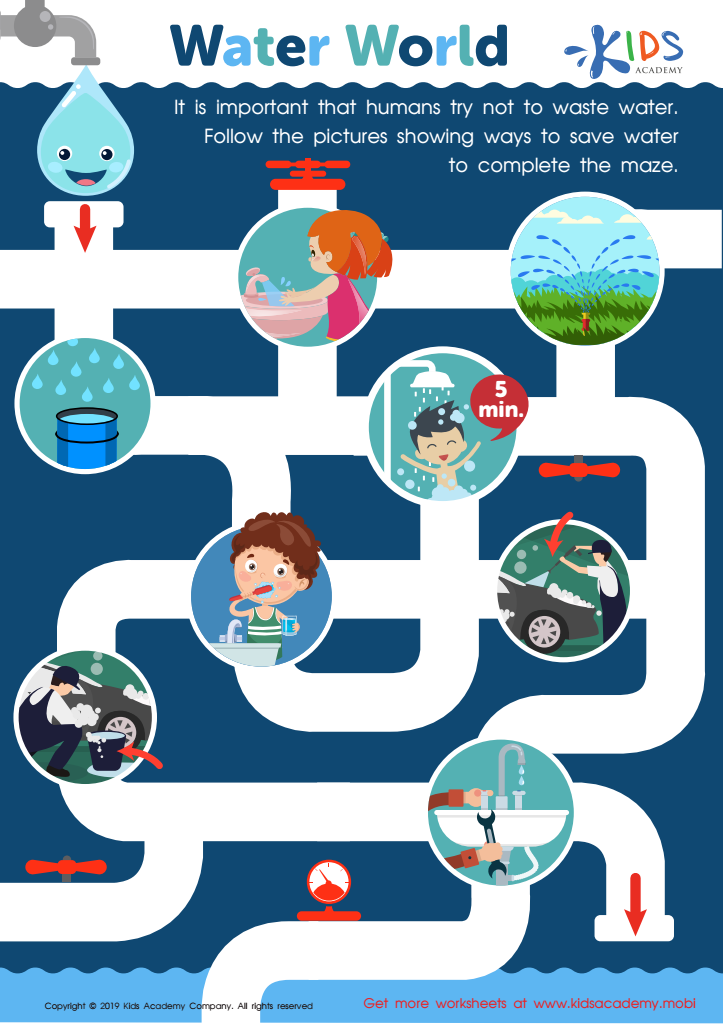

Water World Worksheet
Understanding ecosystems, including normal plants and animals, is crucial for young children ages 3-7 for several reasons. Firstly, this foundational knowledge fosters a sense of wonder and curiosity about the natural world, building an early appreciation for environmental stewardship. By learning about the plants and animals in their surroundings, children develop critical observation skills and begin to understand the interconnectedness of life.
Secondly, this awareness contributes to cognitive development. Concepts such as different habitats, lifecycles, and food chains can enhance children’s ability to classify, compare, and predict—key skills in science and mathematics. Participating in activities like nature walks or gardening can also improve their fine and gross motor skills.
Social-emotional development is another important benefit. Encounters with nature provide valuable opportunities for children to practice empathy and responsibility. Caring for a plant or observing animals can teach patience, respect, and the importance of nurturing living things.
Additionally, early exposure to ecosystems can lay the groundwork for future learning and sustained interest in science and conservation. When children understand that their actions impact the environment, they are more likely to grow into conscientious adults who contribute positively to society.
Parents and teachers play a pivotal role in instilling these values and knowledge, creating a generation that treasures and protects the natural world.
 Assign to My Students
Assign to My Students
